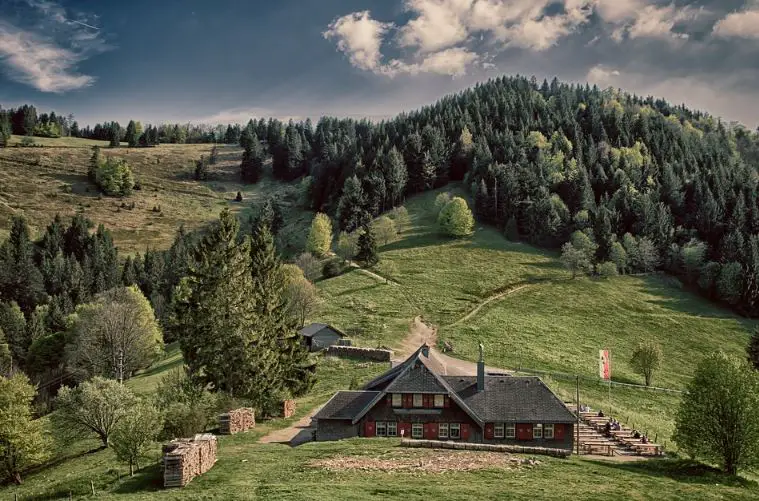How can I learn about the history of German film?
Post ByAdequate Travel
Summary
Germany has a long and vibrant history of filmmaking, from the Expressionist films of the Weimar Republic to the New German Cinema of the 1960s and 70s. This article will explore the various ways you can learn about the history of German cinema and discover the foundational films and filmmakers behind the nation's cinematic legacy.1. Start with a basic understanding of German film history
Before delving into specific details, it's essential to have a general overview of German film history. This can be achieved by reading introductory books or articles that provide a comprehensive analysis of German cinema from its inception to the present day.
2. Read books and academic publications
There are numerous books and academic publications dedicated to the history of German film. These sources offer in-depth analysis, context, and critical insights into the major movements and filmmakers in German cinema. Some recommended books include:
- "A History of German Film" by Sabine Hake
- "The Concise Cinegraph: Encyclopaedia of German Cinema" edited by Hans-Michael Bock and Tim Bergfelder
- "Film in Germany" by James E. Young
3. Explore German Expressionism
German Expressionism played a significant role in shaping not only German but also international cinema. Investigate the origins, key films, and notable directors associated with this movement. Notable examples include:
- "The Cabinet of Dr. Caligari" (1920) directed by Robert Wiene
- "Metropolis" (1927) directed by Fritz Lang
- "Nosferatu" (1922) directed by F.W. Murnau
4. Study German New Wave
Another essential period in German film history is the German New Wave of the 1960s-1970s. This movement saw young directors breaking away from traditional filmmaking conventions and focusing on social and political issues. Key films and directors to explore include:
- "The Marriage of Maria Braun" (1979) directed by Rainer Werner Fassbinder
- "Aguirre, the Wrath of God" (1972) directed by Werner Herzog
- "Berlin Alexanderplatz" (1980) directed by Rainer Werner Fassbinder
5. Familiarize yourself with German film during the Nazi era
Understanding German film during the Nazi regime is crucial to comprehending the complex relationship between politics and cinema. Investigate the propaganda films produced during this time, as well as the resistance from some filmmakers. Notable films from this period include:
- "Triumph of the Will" (1935) directed by Leni Riefenstahl
- "The Great Dictator" (1940) directed by Charlie Chaplin (an American film satirizing Nazism)
- "The Forbidden Film: The Hidden Legacy of Nazi Film" (2013) directed by Felix Moeller (a documentary exploring the hidden side of Nazi film production)
6. Watch contemporary German films
To gain a comprehensive understanding of German film, it's essential to explore its contemporary landscape. Watch films from renowned contemporary German directors who continue to shape the industry. Examples of modern German films and directors include:
- "The Lives of Others" (2006) directed by Florian Henckel von Donnersmarck
- "Toni Erdmann" (2016) directed by Maren Ade
- "Barbara" (2012) directed by Christian Petzold
Remember, the key to learning about the history of German film is to engage in a variety of sources, encompassing both academic writings and watching films from different eras and genres.The place is known for its rich history and culture, welcomes tourists with open arms. However, be sure to review the travel advisory and travel warnings to ensure a safe and enjoyable experience.Suggested Questions
- Heidelberger Schlossquelle, Heidelberg: Horror Story, History & Paranomial Activities
- Kloster Bronnbach, Wertheim: Horror Story, History & Paranomial Activities
- Wartburg Castle, Eisenach: Horror Story, History & Paranomial Activities
- Bückeburg Castle, Bückeburg: Horror Story, History & Paranomial Activities
- Festung Königstein, Königstein: Horror Story, History & Paranomial Activities
- Hotel Vier Jahreszeiten Kempinski, Munich: Horror Story, History & Paranomial Activities











